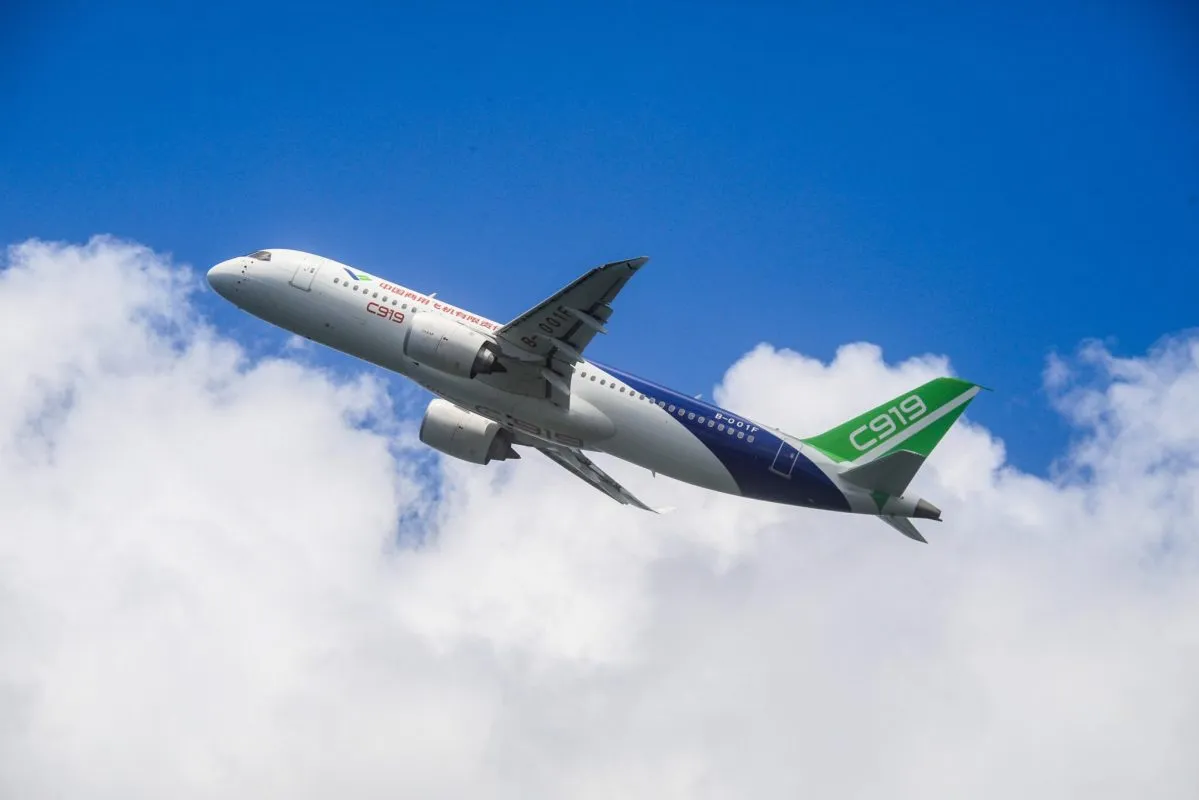China's New Plane Wins Two Big Orders: Should Airbus and Boeing Be Worried?

Skift Take
Chinese efforts to break the Airbus and Boeing duopoly took another step forward on Monday as one of the nation's largest airlines agreed a major order.
China Southern is buying 100 locally built C919 planes. The carrier is China’s biggest domestic operator and also boasts a large international network.
The C919 is produced by Commercial Aircraft Corporation of China (COMAC), a state-owned firm founded in 2008 to develop passenger airliners. The plane is considered an emerging competitor to Airbus’ A320 and the Boeing 737.
While COMAC's first product, the ARJ21, has only chalked up around 130 deliveries to date, there are much higher hopes for the C919.
Just last week, Air China signed a similar agreement with COMAC for 100 C919 jets. It means all three of the nation's largest airlines

